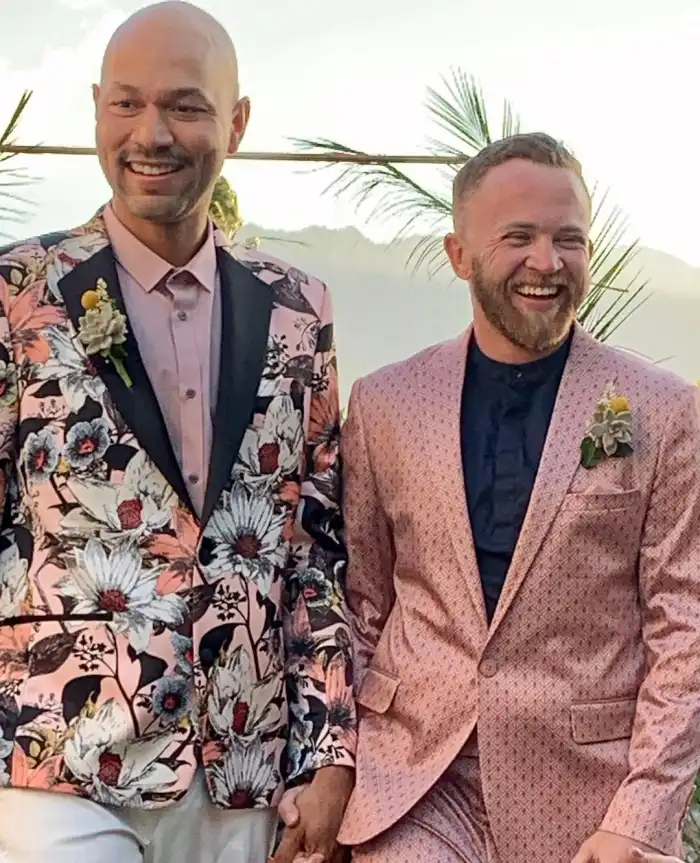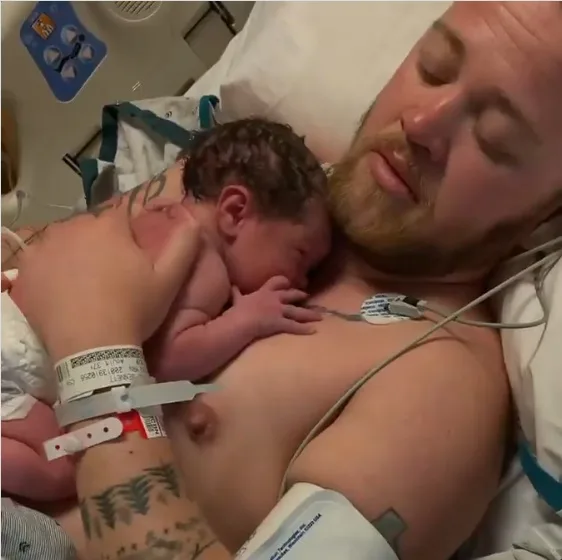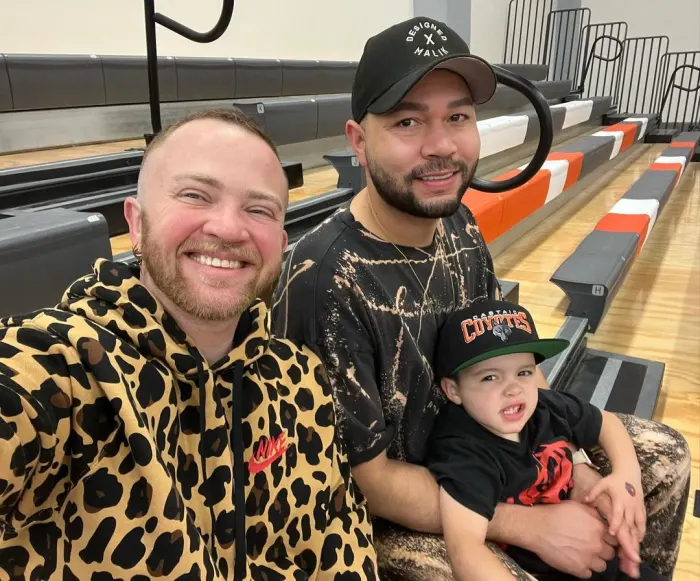Note: This item, which first appeared in the news in December 2021, is being republished.
Honoring people’s identities requires respecting their preferred names and pronouns. However, a lot of people still oppose this practice, frequently because they hold antiquated views or just reject gender diversity.

Bennett. Hudson, the 37-year-old daughter of Kaspar-Williams and her husband Malik, was born via cesarean section in October 2020. Although Kaspar-Williams, who now identifies as non-binary and uses both he/him and they/them pronouns, identified as male and used he/him pronouns at the time, she encountered several difficulties in the hospital. The Daily Mail claims that nurses misgendered him on multiple occasions, calling him a mother rather than a father.
When Kaspar-Williams discovered he was transgender in 2011, he started to alter in 2014. He decided against having lower body surgery while having top surgery. For Kaspar-Williams, the pregnancy and delivery experience was both fulfilling and challenging. He was especially discouraged by the ongoing misgendering by medical personnel, who disregarded his gender identity.

The nursing staff continued to misgender Kaspar-Williams in exchanges, despite the fact that he was clearly displaying his gender on medical papers. This event brought to light the continuous fight to acknowledge that gender identity and delivery are not indiscriminately related.
Kaspar-Williams highlighted the necessity to keep the ideas of motherhood and womanhood distinct while expressing his anguish at being misgendered after childbirth. In an interview with the New York Post, he expressed his annoyance at being referred to as “mom” even though he had marked “male” on medical records.

Being born with a uterus does not guarantee conception or pregnancy, according to Kaspar-Williams. “No one can ever really know whether having children is possible until you try,” she added. Because it is a false equivalency that all women can become mothers, that all mothers carry their children, or that all persons who bear children are mothers, it is crucial that we define “womanhood” in terms of “motherhood.”
By deciding to become pregnant after distancing himself from the ideas of gender identity and body functions, Kaspar-Williams’ narrative highlights the complexity of identity and the critical significance of honoring people’s self-identification.

The experience of Kaspar-Williams serves as a sobering reminder of the necessity of increased sensitivity and awareness in medical settings. Our awareness and appreciation of gender diversity must change along with society. Respecting people’s preferred names and pronouns is a big step in the direction of a more accepting and courteous society.






